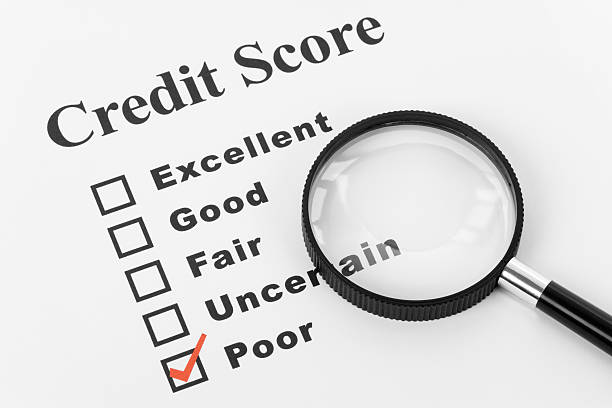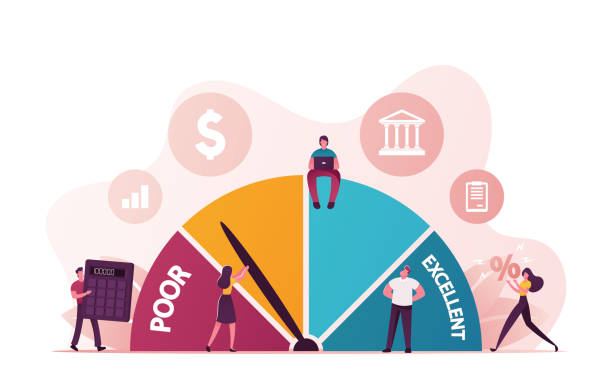Credit scores are an essential tool for lenders and borrowers alike. They help lenders assess the creditworthiness of borrowers and provide consumers with access to credit and loans. However, credit scores also have a dark side, which can lead to potential harm for consumers. In this blog, we will examine some of the potential risks and drawbacks of credit scores and their impact on consumers.
1. Limited Scope: Credit scores only provide a partial view of a consumer’s credit history. They are based on a narrow set of factors, such as payment history, credit utilization, and length of credit history. This limited scope can lead to incomplete and inaccurate assessments of creditworthiness. For example, a consumer who has a low credit score due to a short credit history may be denied a loan, despite having a stable income and no history of missed payments.
2. Inaccuracy and Errors: Credit scores are not infallible and can be subject to errors and inaccuracies. This can occur due to mistakes in the credit report, identity theft, or outdated information. These errors can have a significant impact on a consumer’s creditworthiness, leading to higher interest rates, denial of credit, or even lost job opportunities.
3. Discrimination and Bias: Credit scores can perpetuate systemic biases and discrimination based on factors such as race, gender, and socioeconomic status. This is because credit-scoring models are based on historical data, which may reflect historical patterns of discrimination and bias. For example, a consumer from a marginalized community may have a lower credit score due to factors outside their control, such as redlining or unequal access to credit.
4. Debt Traps: Credit scores can also create debt traps for consumers. Consumers with low credit scores may be forced to accept high-interest loans and credit products, which can lead to a cycle of debt and financial insecurity. This can further damage their credit score and create a vicious cycle of debt.
These potential risks and drawbacks of credit scores highlight the need for a critical examination of their impact on consumers. While credit scores can provide important information to lenders and consumers, they should not be the sole basis for evaluating creditworthiness. We need to explore alternative credit-scoring models that provide a more comprehensive view of a borrower’s creditworthiness while mitigating potential biases and discrimination.
In conclusion, credit scores have a dark side that can lead to potential harm for consumers. As we continue to rely on credit scores, we must also recognize and address these risks to ensure that they do not lead to further financial inequality and harm. You can learn more and join the conversation by signing this petition on https://aamkarobari.org/petition/.




